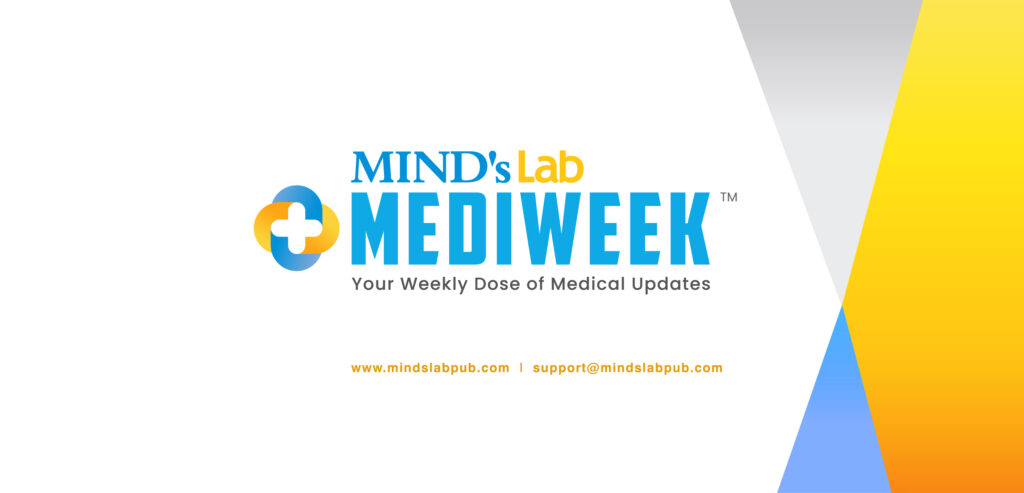Can Eating More Broccoli and Cauliflower Lower the Risk of Colon Cancer?
Colon cancer (CC) is the third most diagnosed cancer and the second leading cause of cancer-related deaths worldwide, with nearly 1.9 million new cases and over 900,000 deaths annually. Diet is recognized as a modifiable risk factor in the prevention of CC, with certain food groups showing strong protective effects. Cruciferous vegetables (CV) including broccoli, […]
Can Eating More Broccoli and Cauliflower Lower the Risk of Colon Cancer? Read More »
